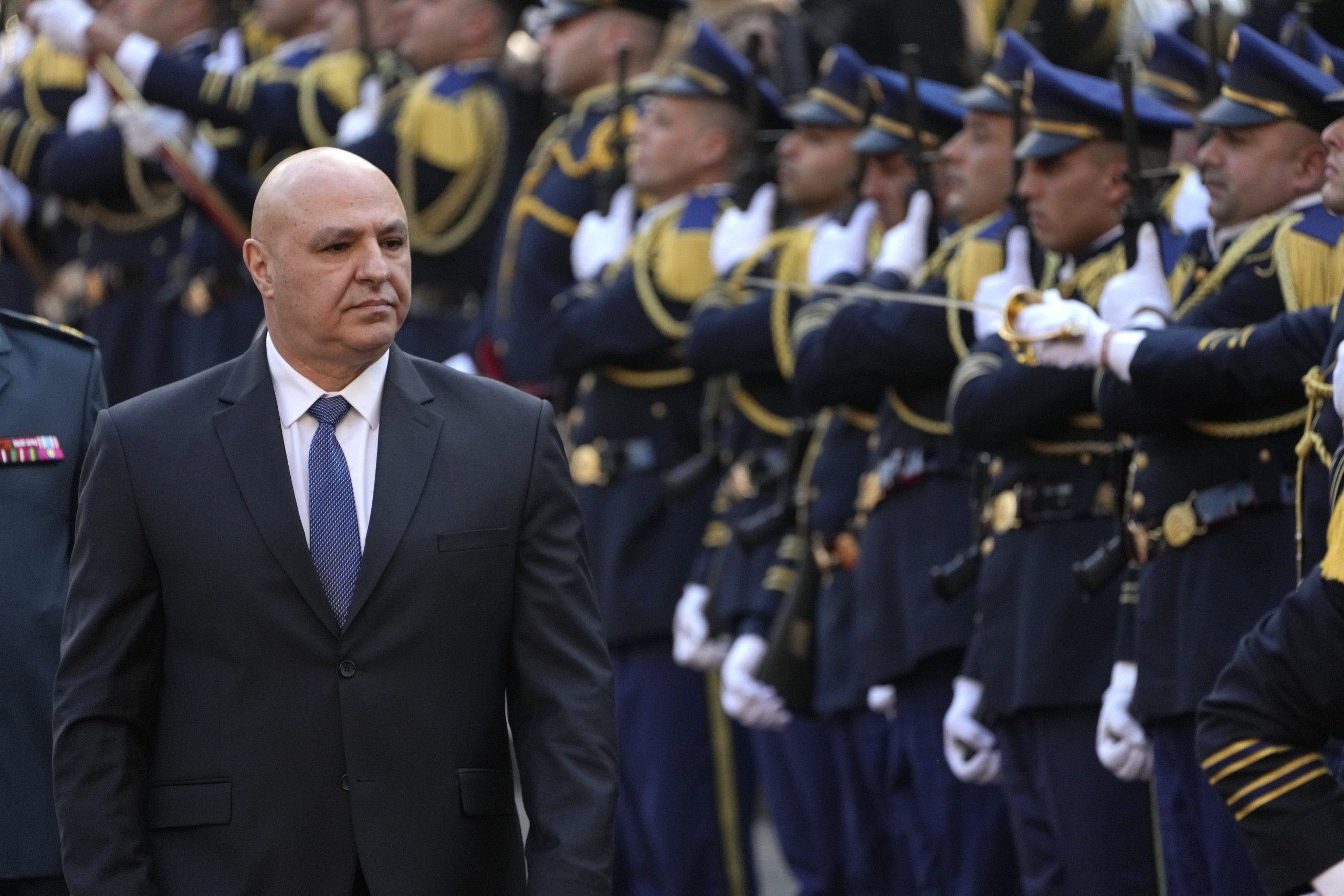Lebanon’s new president strikes a nationalistic tone amid regional shifts, further weakening of Hezbollah

Lebanon’s political landscape experienced a significant shift with the recent election of Joseph Aoun as president. Following over two years of political deadlock, the Lebanese Parliament elected the army commander with a resounding 99 out of 128 votes. Aoun’s presidency marks a major victory for the anti-Hezbollah camp, signaling a weakening of the powerful Shia terrorist organization’s influence within Lebanon’s political system. Despite this, experts caution that Hezbollah remains a formidable force in the country, posing challenges for Aoun in balancing Lebanon’s internal politics and foreign relations.
For a considerable period, Hezbollah vehemently opposed Aoun’s candidacy and worked tirelessly to block any progress towards electing a new president. However, as the political landscape evolved and the Assad regime in Syria collapsed, Hezbollah found itself compelled to accept Aoun, who ultimately secured the presidency. This shift underscores a broader transformation in regional politics, with Hezbollah becoming increasingly isolated following the downfall of the Assad regime in Syria.
The United States, Israel, and other Western and Arab powers have long sought to reduce Lebanon’s dependence on Hezbollah’s influence, and Aoun’s election could be a step in that direction. Aoun, a Maronite Christian and the former commander of the Lebanese army, emphasized Lebanon’s sovereignty in his inaugural speech, stressing the need for the state to have a monopoly on the use of force.
While Aoun’s presidency represents a positive and pragmatic step towards sovereignty and the rule of law, it is essential to recognize that the president does not wield absolute power in Lebanon’s political system. The role of the prime minister will be crucial in shaping Lebanon’s future direction, and it remains to be seen whether Aoun will demonstrate the same courage and leadership in his new role as he did as army chief.
Despite recent setbacks, including Israeli military campaigns and the eliminations of key Hezbollah leaders, the organization still retains significant influence, especially in southern Lebanon. However, experts suggest that Hezbollah’s ability to intimidate Lebanon’s population is waning, and the group is now focused on survival, both politically and financially.
Aoun’s election is not only significant for Hezbollah but also for Lebanon’s relations with external powers like the U.S. and Israel. With Lebanon facing economic collapse and widespread poverty, Hezbollah’s resistance to international pressure appears less sustainable. The U.S. is expected to strengthen ties with Aoun, given his military background and pro-sovereignty stance, which could pave the way for increased international support for Lebanon.
Israel will closely monitor Aoun’s presidency, particularly his commitment to U.N. Security Council Resolution 1701, which calls for disarmament in southern Lebanon. Aoun’s stance on this issue could influence Israel’s position towards Lebanon, as the Trump administration seeks to end conflicts in the region. Overall, Aoun’s election marks a pivotal moment in Lebanon’s political landscape, with potential implications for the country’s internal dynamics and external relations.




